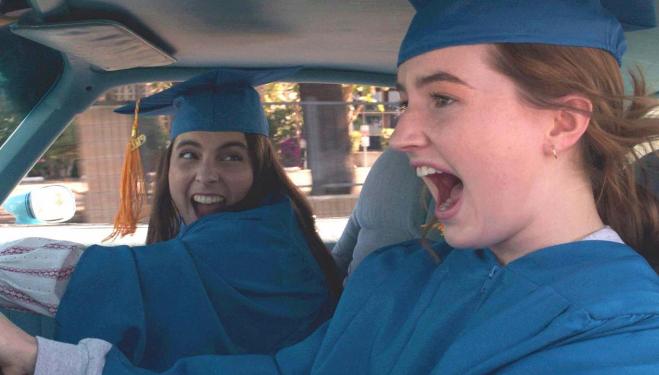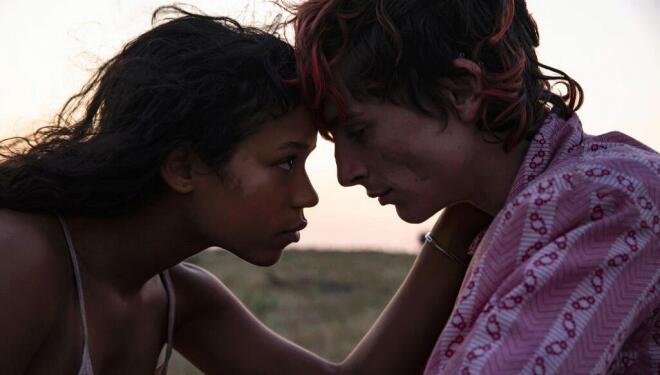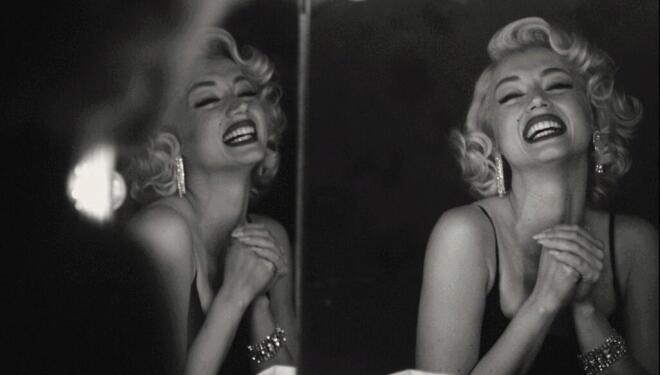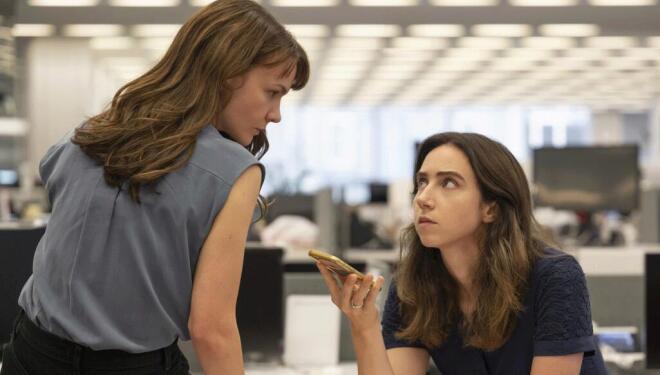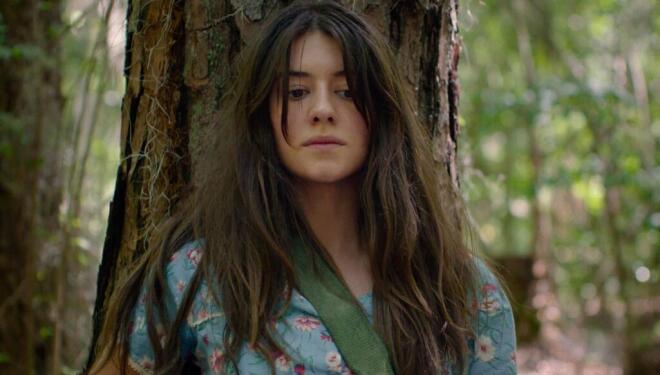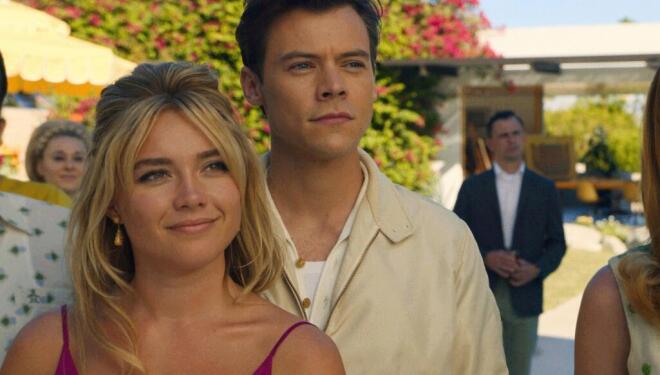
Whether Don't Worry Darling – Olivia Wilde's second film as director – intended to recreate this ancient allegory is anyone's guess. But that same unreal, Platonic, and even Lynchian unease permeates the film's sun-soaked, suburban world: where the weather never changes and the residents stick to their roles. At all costs.
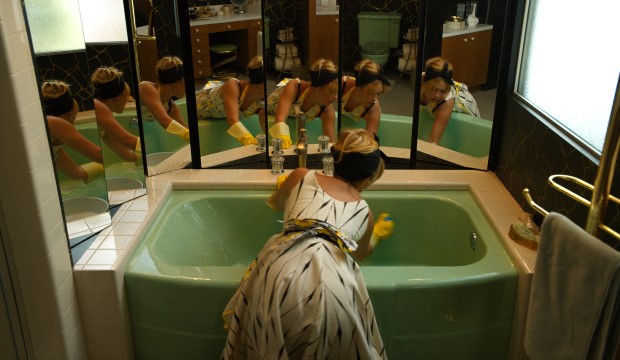
Florence Pugh as Alice Chambers. Photo: Warner Bros.
Initially,
the film shares much with the opening act of Tim Burton’s Edward
Scissorhands. In a patriarchal American neighbourhood called 'Victory', resembling a nuclear family scenario from the 1950s, dutiful wives wave away their wonderfully suited husbands as they drive to work with a weird synchronicity. But what do they do for a living? None of the wives really know.
Florence Pugh stars as one such wife, Alice Chambers. Alice stays home, cleans the windows and prepares dinner for the evening. Her only outside activity is a dance class with the other wives, during which she's taught: ‘There is beauty in control. There is grace in symmetry' – adages for despotic, eugenic thinking. She’s married to a loving husband and ‘technical engineer’ Jack, curiously played by Harry Styles who provides an alluring placidity for much of the film.
But from the start, little inconsistencies puncture that fantasy. Alice doesn’t want kids, her relationship is very sexual with her pleasure prioritised, and Christianity isn’t even mentioned as she partakes in harmless hedonism with Jack. All that potential piety is directed towards Frank (Chris Pine), the creator of the Victory Project. He struts around like a suave, omniscient messiah, decrying chaos in favour of order. Any disruption to the status quo is shunned, dismissed, and gaslit.
This happens when the dissenting housewife Margaret (KiKi Layne) simply asks ‘Why are we here?’ It’s also represented by the disorientating sideways movements by cinematographer Matthew Libatique. Libatique regularly collaborates with director Darren Aronofsky, who's clearly an influence on Wilde (Black Swan in particular) as Alice develops a fractured sense of self.
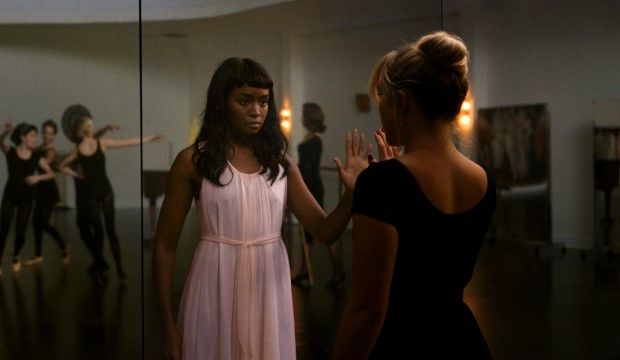
Margaret (KiKi Layne) in the mirror. Photo: Warner Bros.
The women are compelled to stay in Victory, yet they never question
why. That is, until Alice starts to have contrarian ideas of her own, spiralling into a surreal and dangerous path of scepticism. Pugh
carries this role perfectly, providing a confused distress comparable to her
underrated performance in Ari Aster’s Midsommar. Although
Pugh is best known for her recent and brilliant entry into the Marvel Cinematic
Universe, projects like Don't Worry Darling unleash her true prowess.
Despite the immersive, dystopian world, the film regrettably unveils its purpose in the final act – with a twist that’s easy to guess. However, the circumstances around that twist maintain the element of surprise without diminishing the quality of the experience before and after the Big Reveal. Many mysteries still remain in those strange suburbs and the desert beyond.
Wilde is obviously throwing everything she knows into Don’t Worry Darling – including herself, playing Alice’s neighbouring housewife Bunny. The film is occasionally imperfect and not as consistently entertaining as her debut Booksmart, the potential for comedy surprisingly spare. And yet, it shows the eclecticism of Wilde’s talents as a filmmaker: ascending from a kooky teen comedy to an eerie, discomforting thriller. Hopefully, this is merely a great stepping stone to a long and superior career.
Don't Worry Darling will be in UK cinemas on Friday 23 September.
| What | Don't Worry Darling review |
| When |
23 Sep 22 – 23 Sep 23, IN CINEMAS |
| Price | £n/a |
| Website | Click here for more information |

